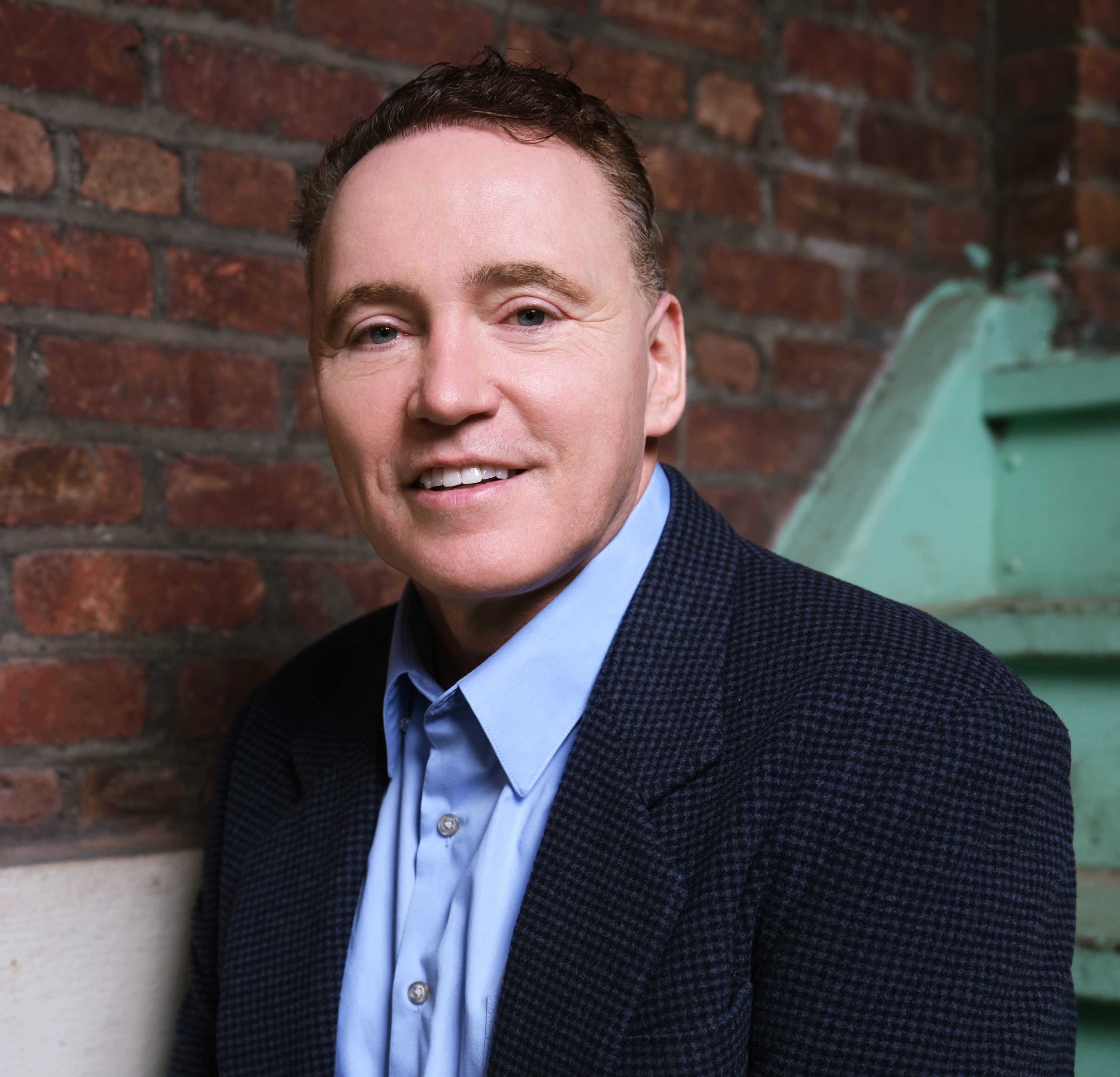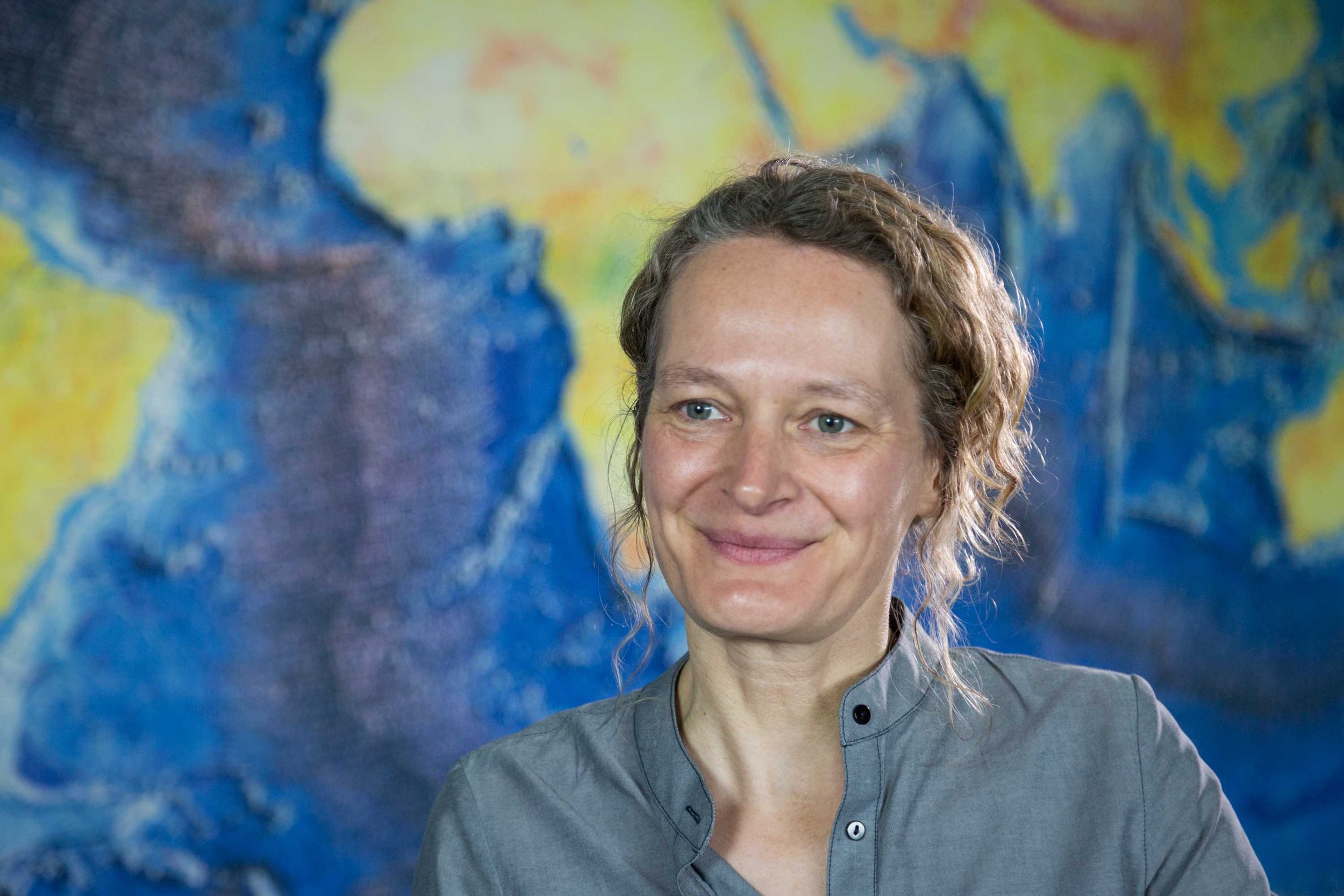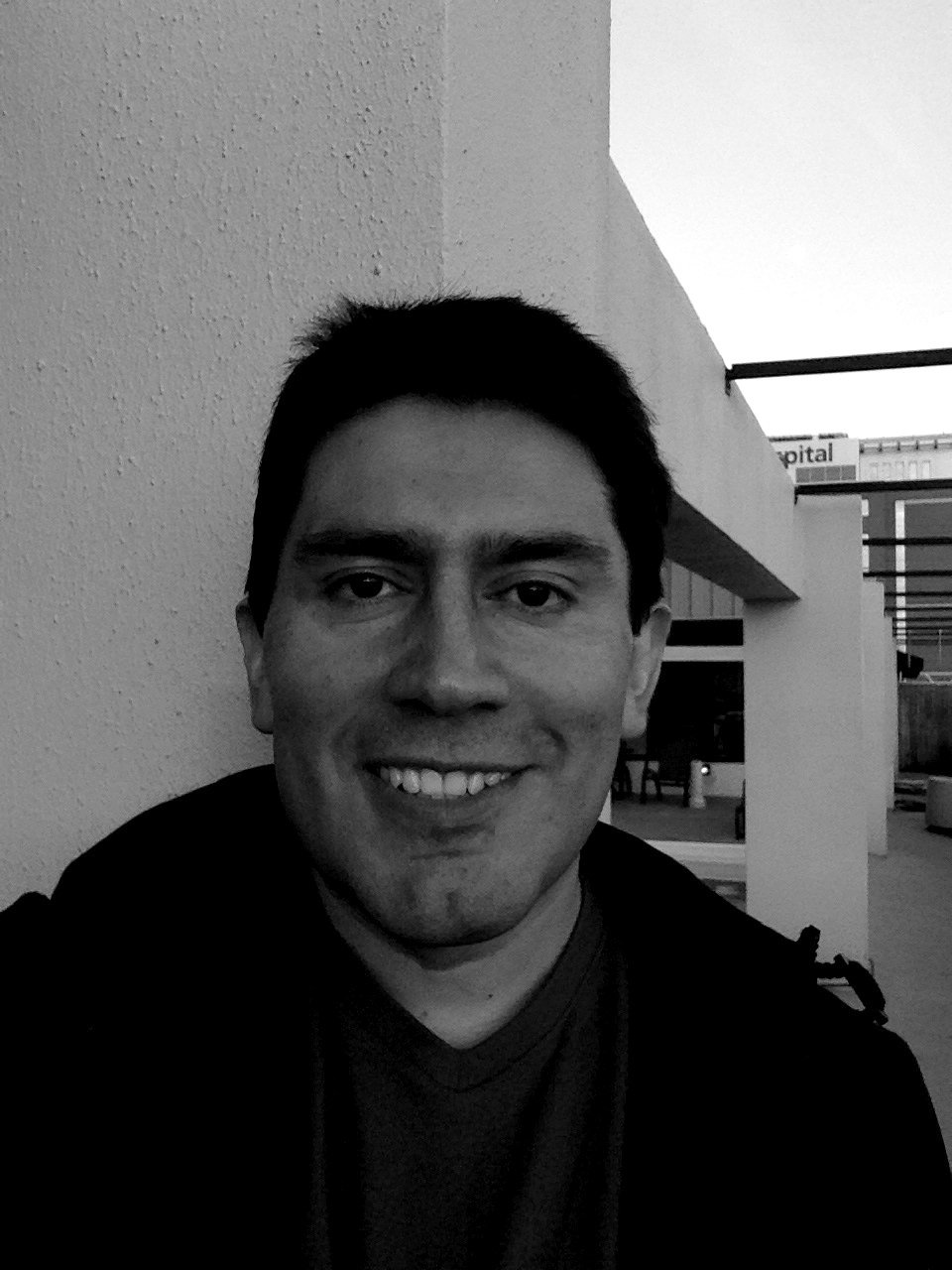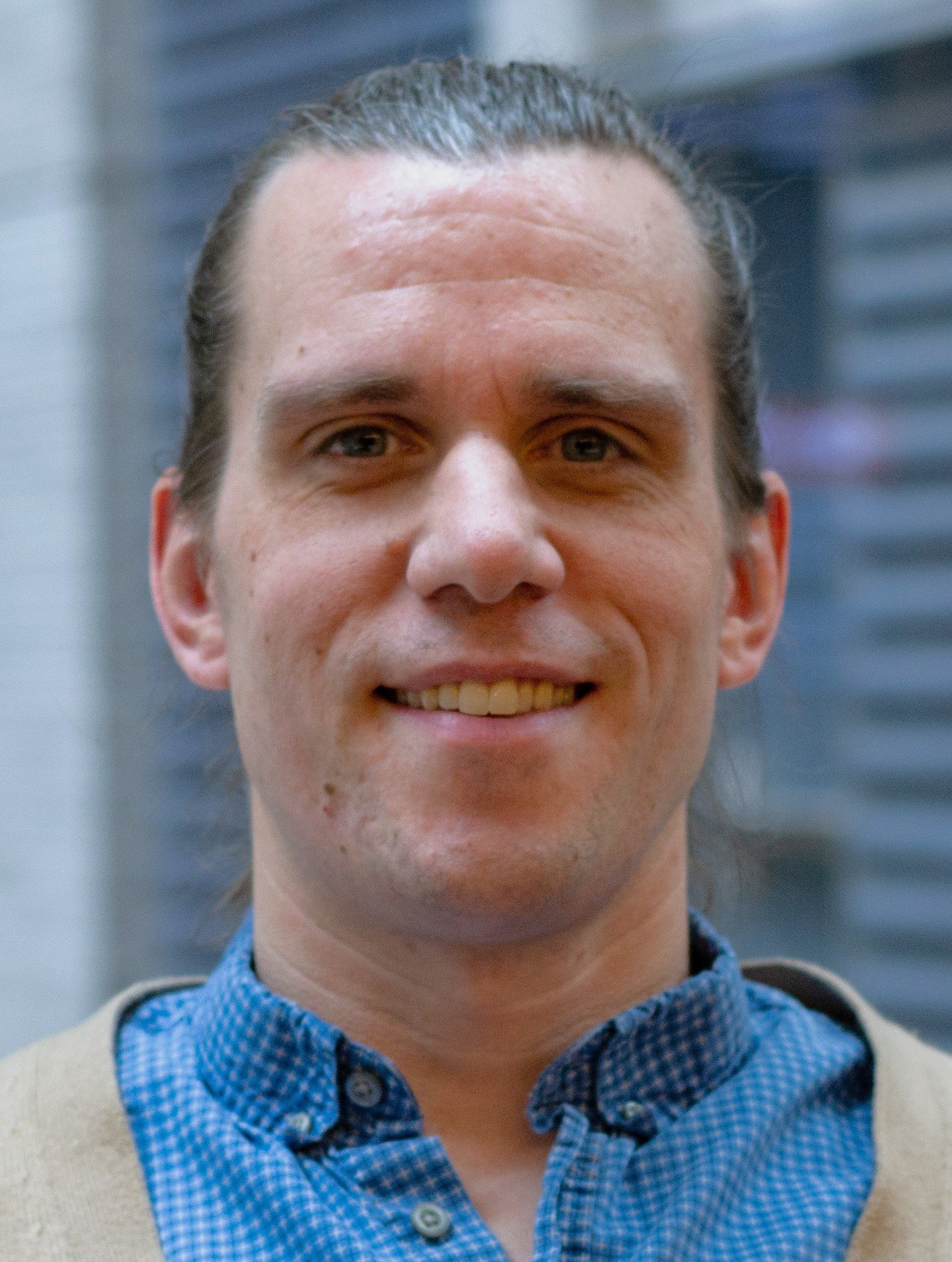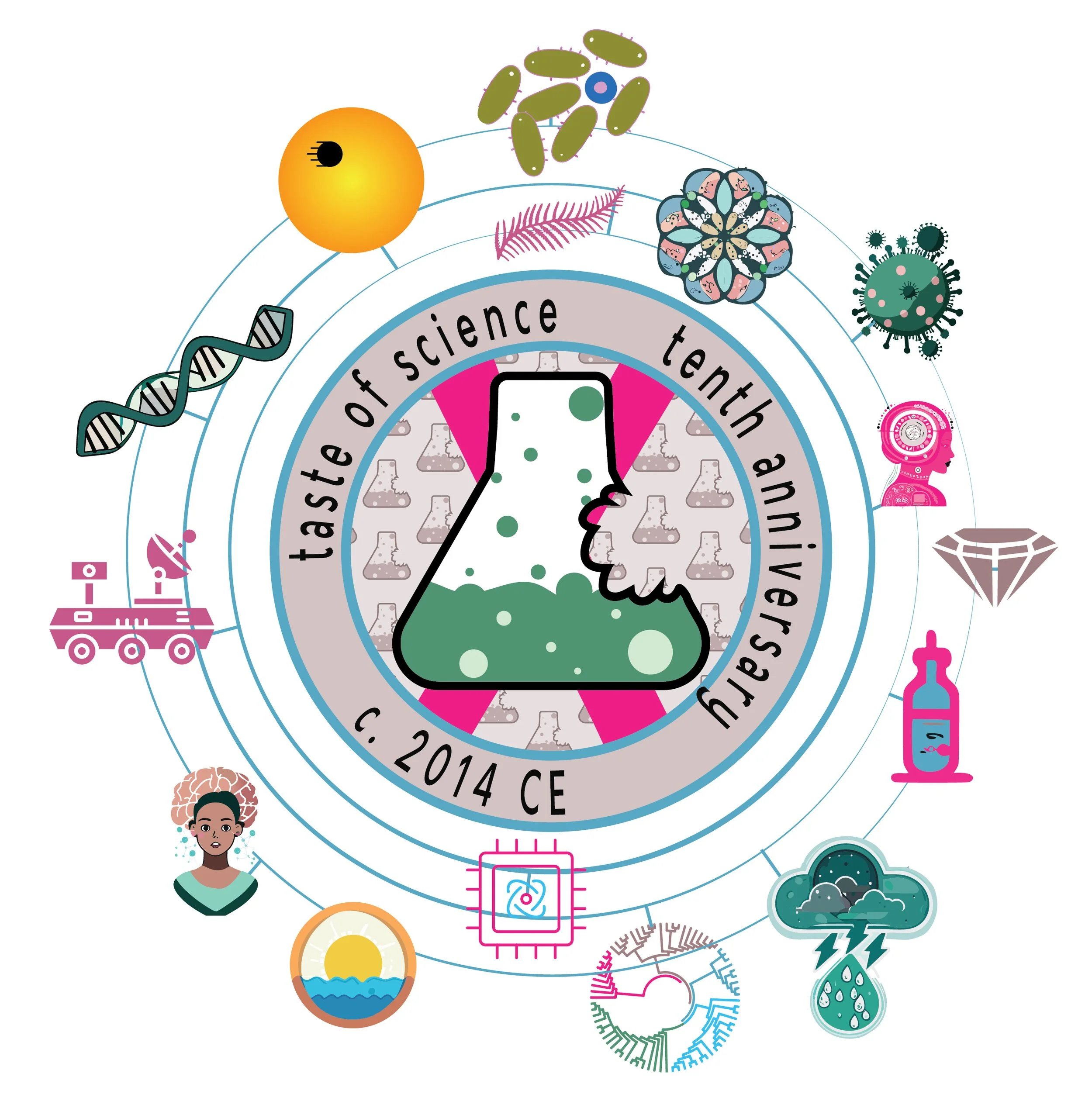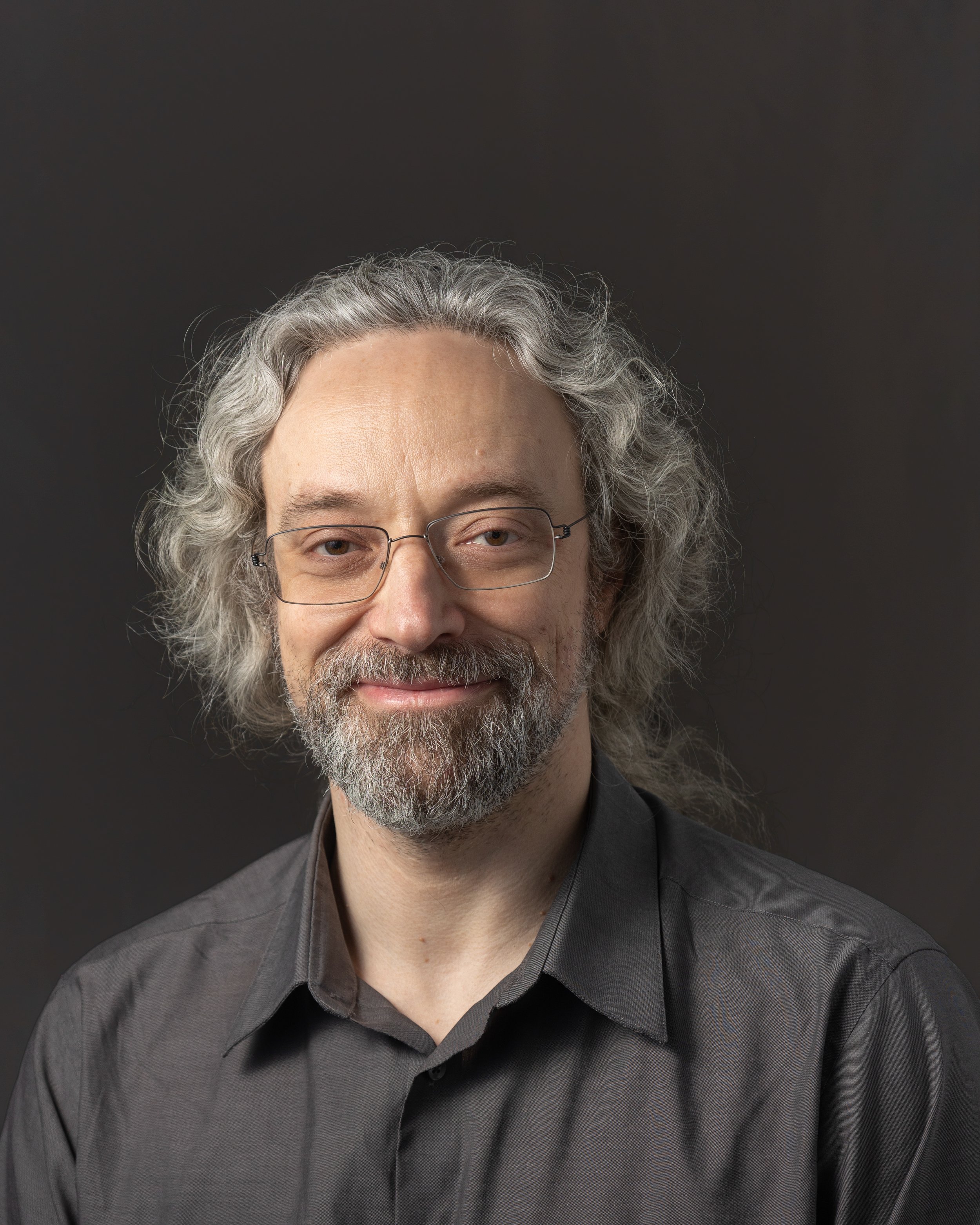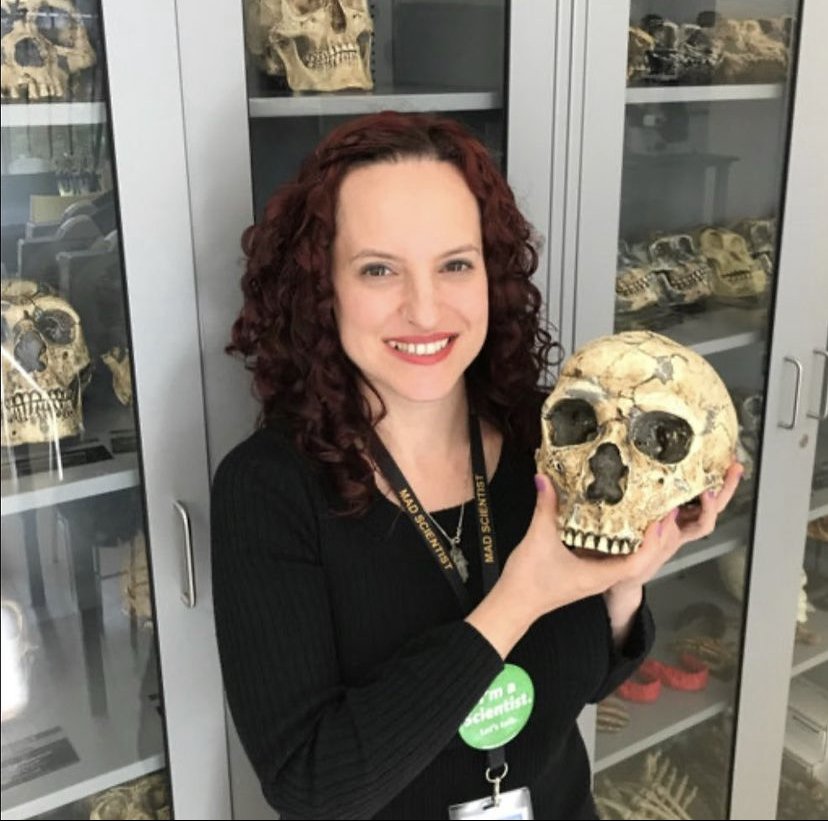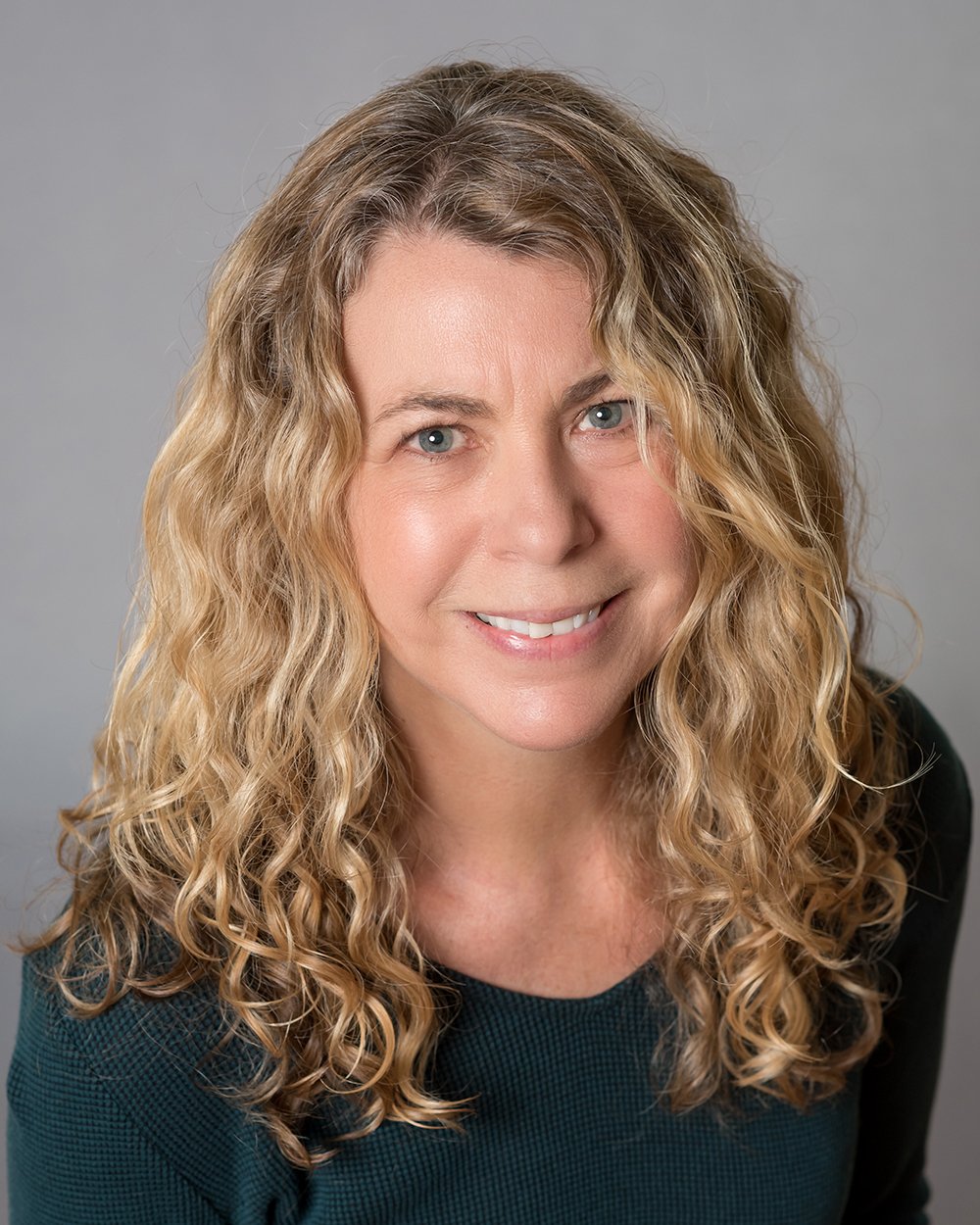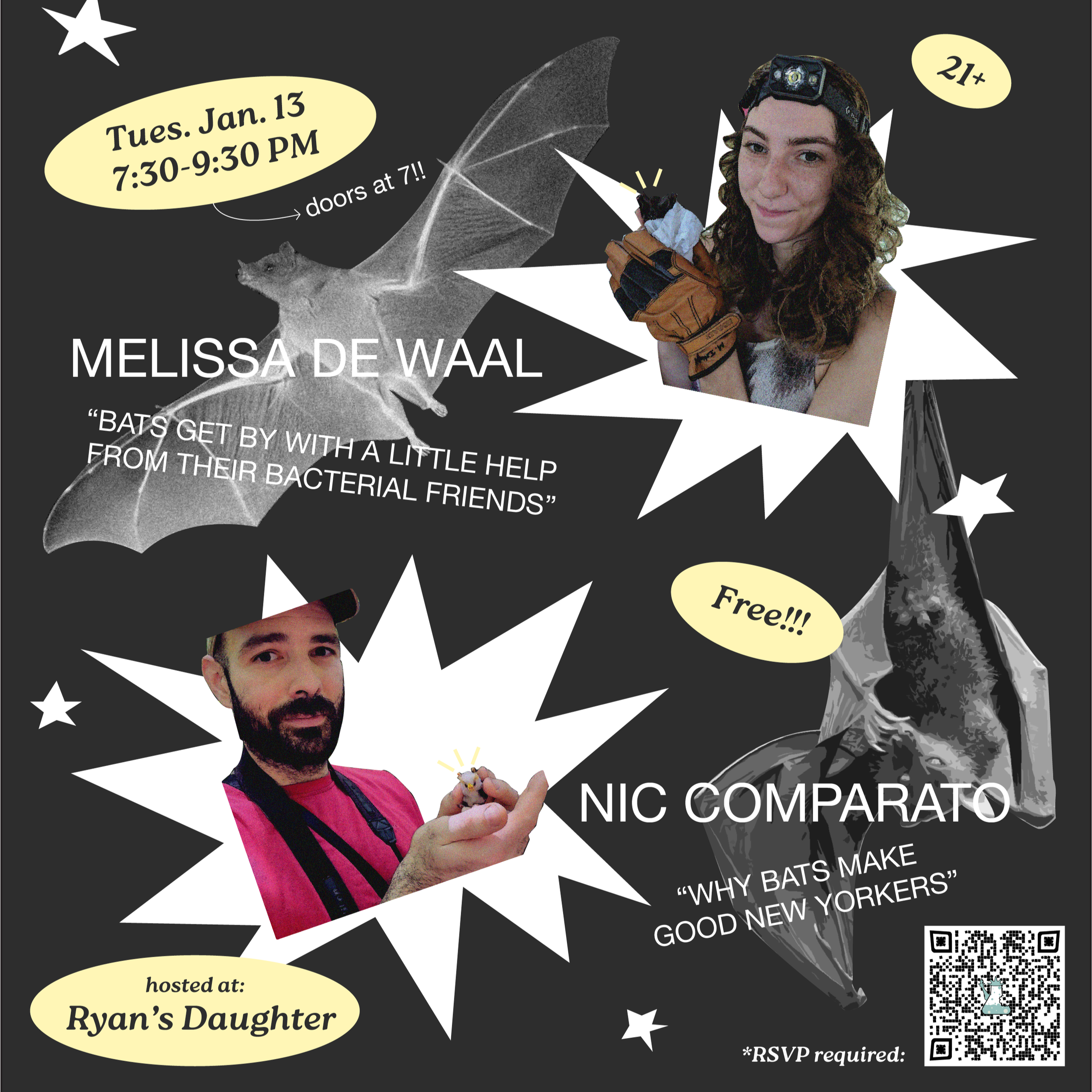
(sold out) Bats: Upside-Down and Inside-Out
Grab a drink and sink your teeth into the unseen worlds bats carry with them. You’ll hear how gut microbes act as partners in crime—fueling bat diets, boosting immunity, and influencing their evolutionary journeys. After that microbial deep dive, we turn to the concrete jungle: meet the five bat species that call NYC home and discover the clever tricks that help them thrive in one of the world’s most challenging urban environments. Science, stories, and surprising bat facts await!

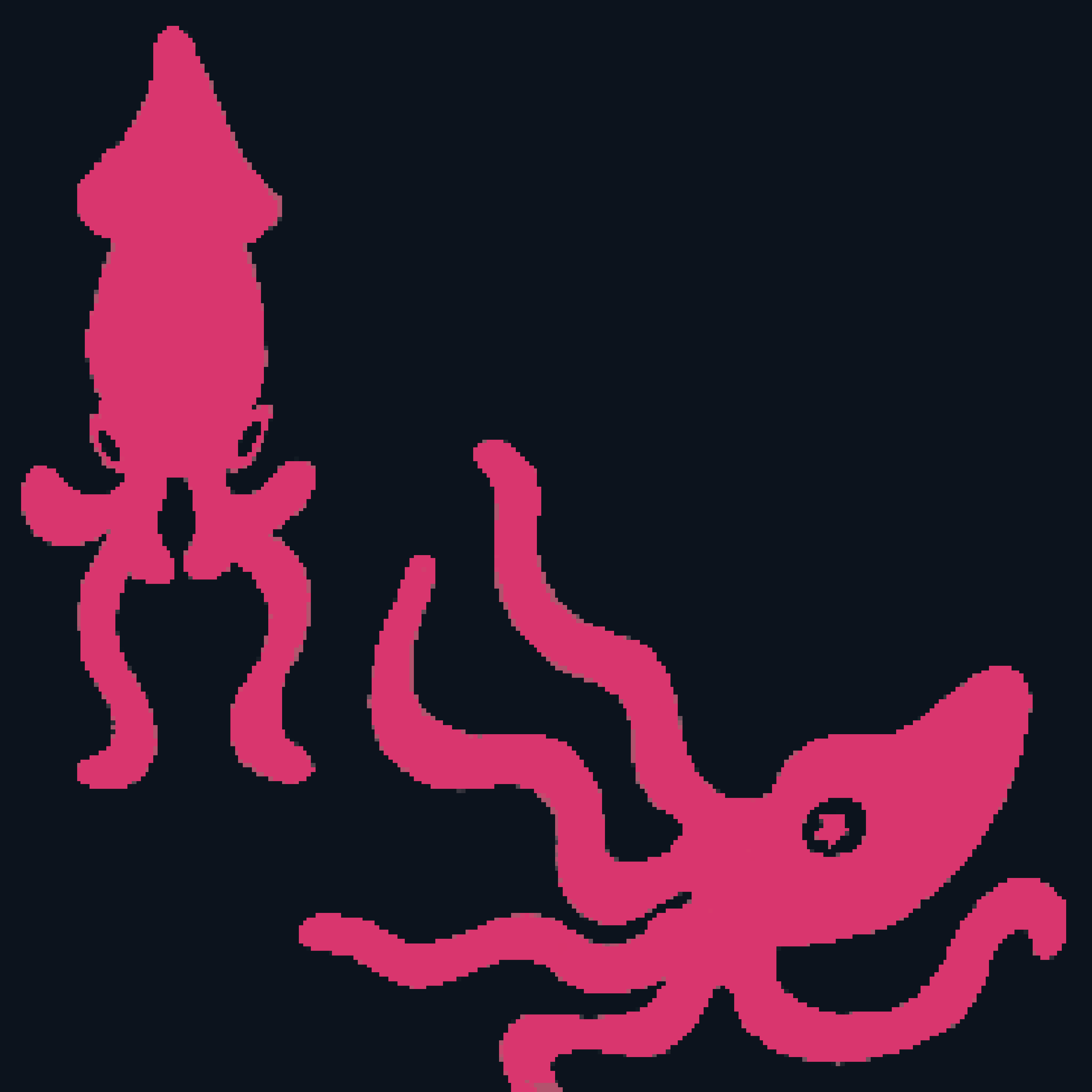
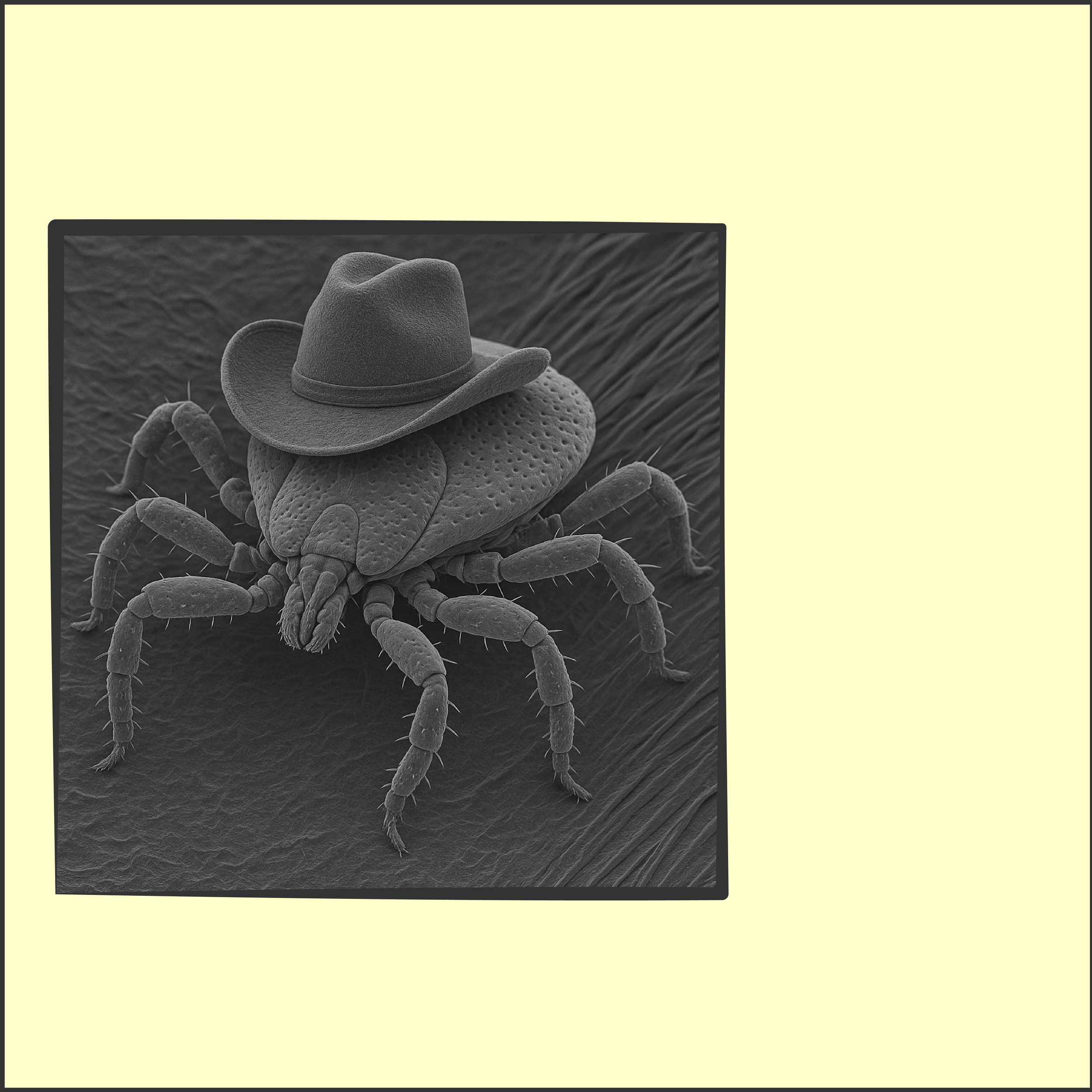
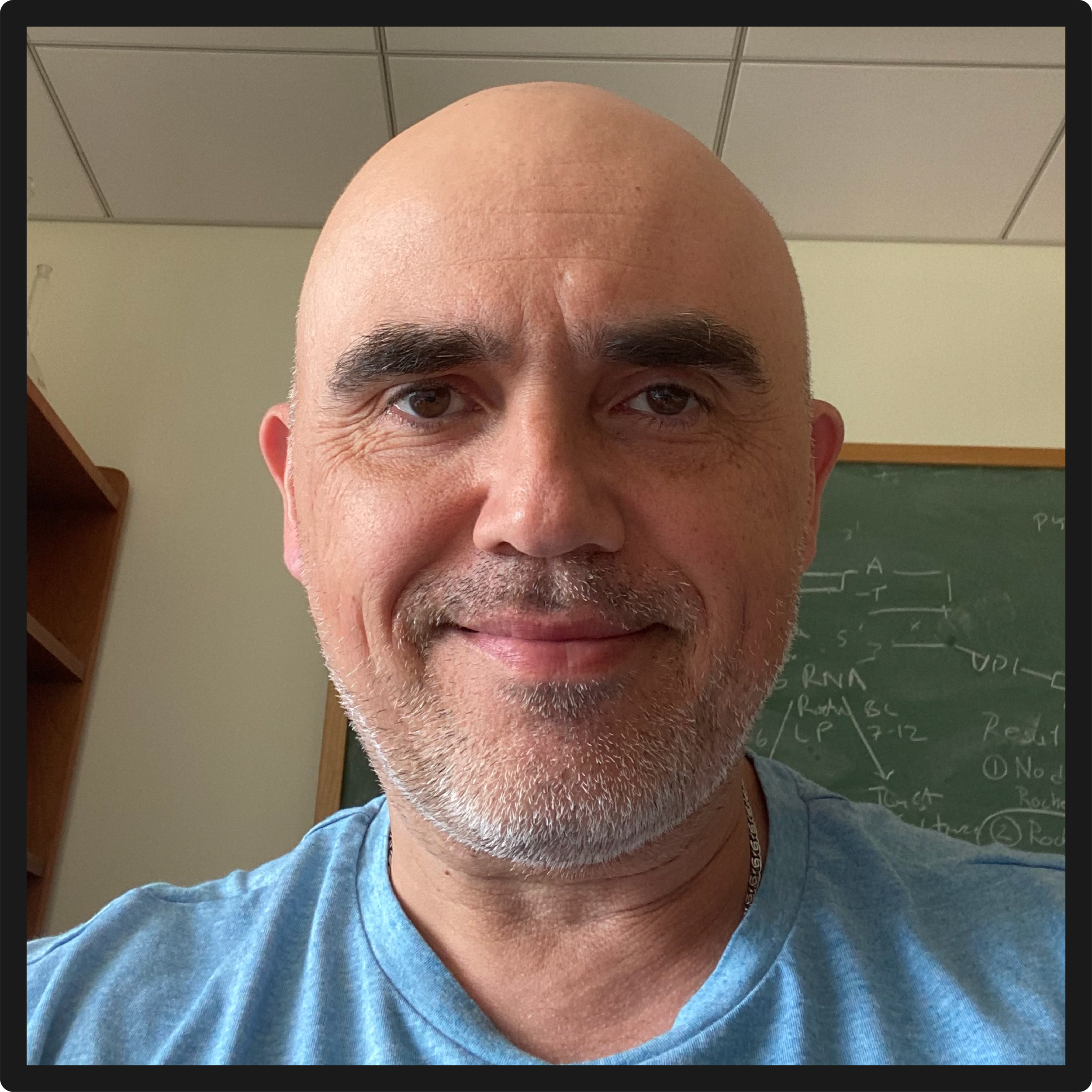
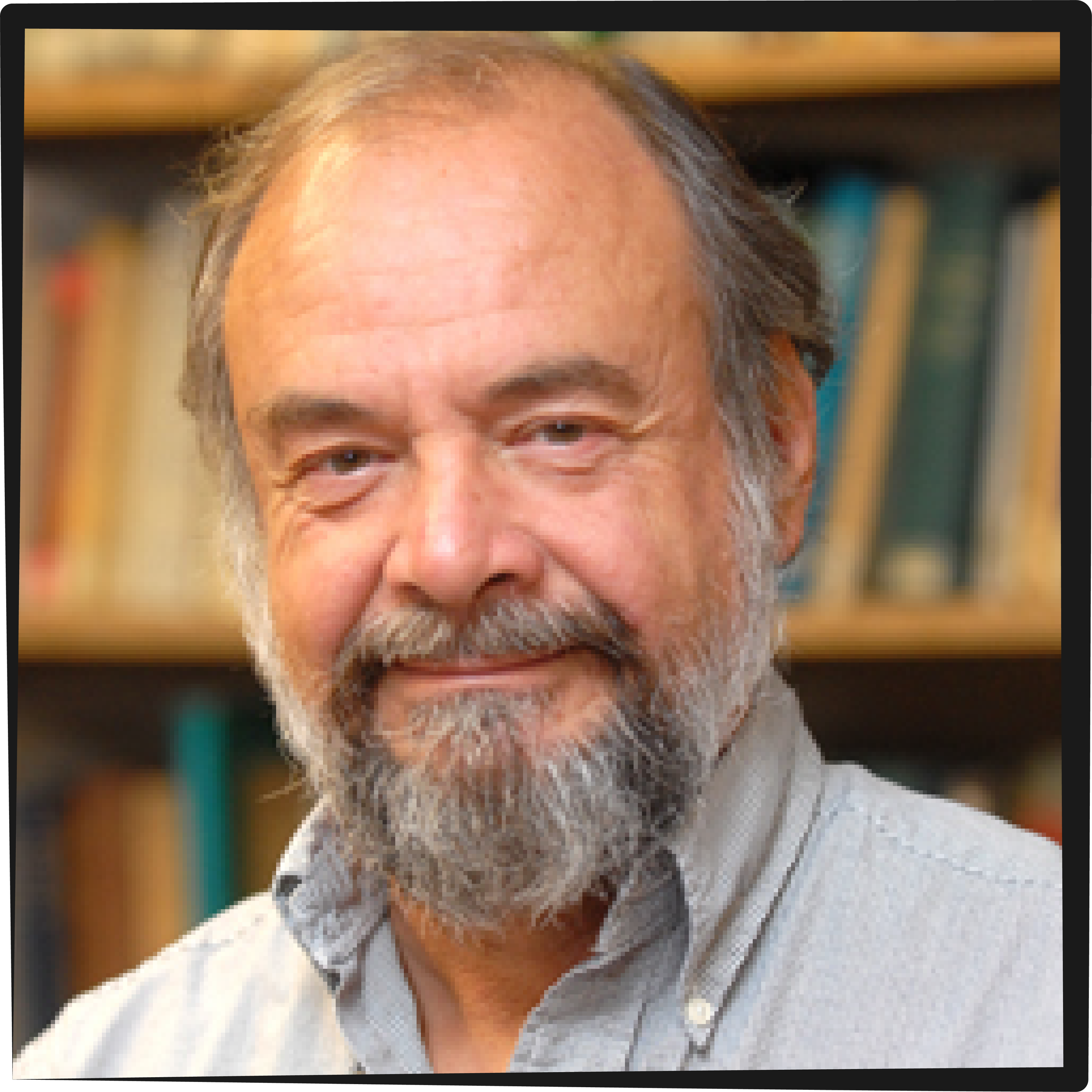

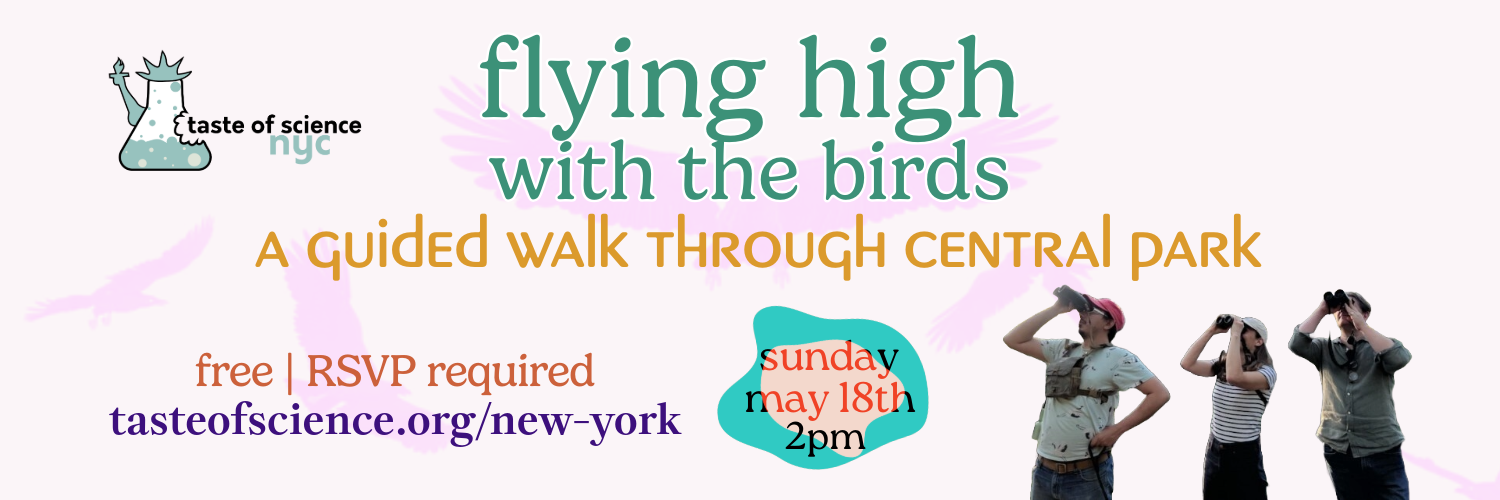











![[sold out!] Inflation](https://images.squarespace-cdn.com/content/v1/5742feef2eeb81d00cd60599/1739056941725-XPNHG7BXZ5VJ8MQE0TZ0/2025+feb+ToS+website.png)



